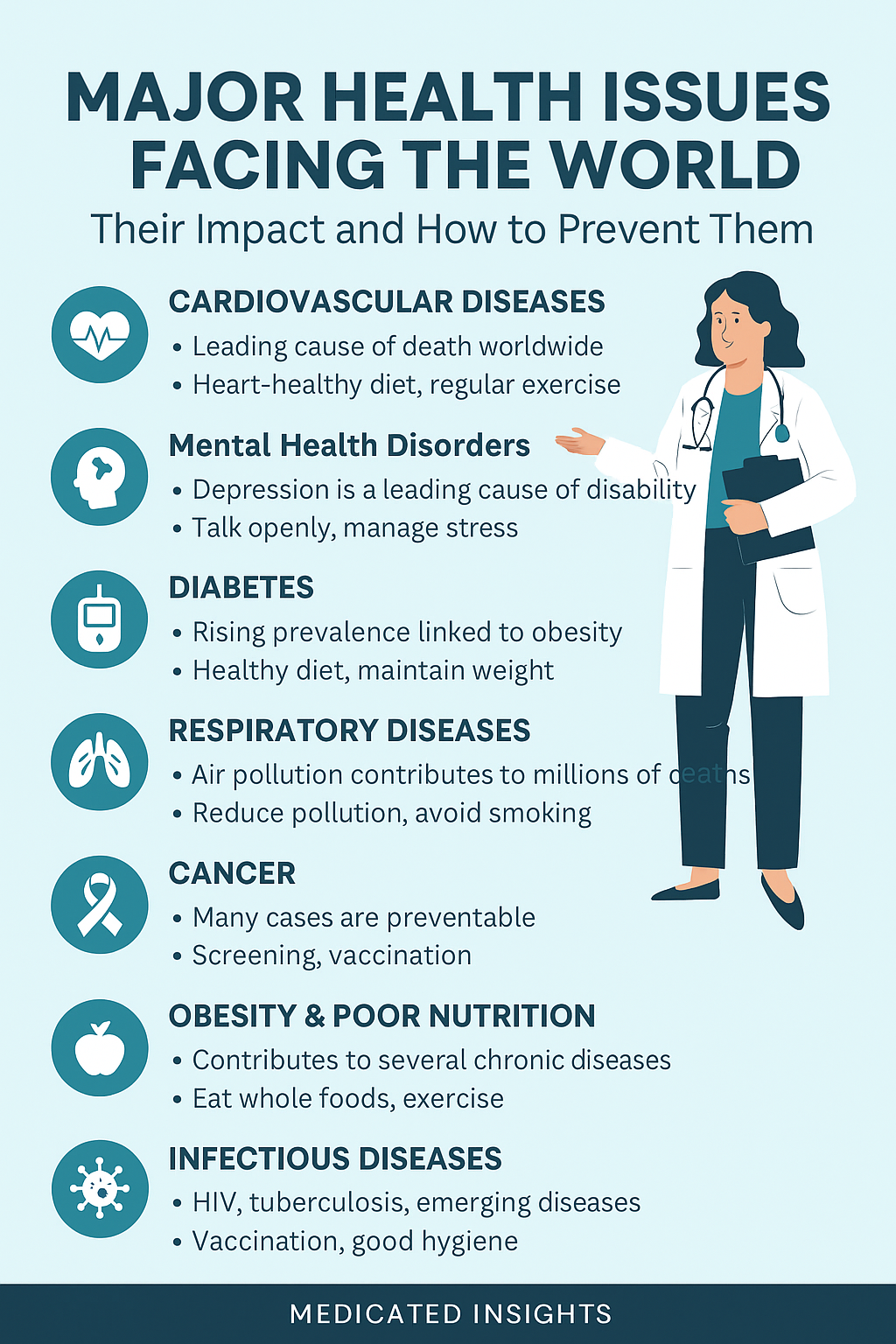Autoinflammatory diseases, a category of disorders characterized by the body’s immune system mistakenly triggering inflammation without an apparent cause, pose a significant challenge to those affected.
In this comprehensive blog, we delve into the intricacies of autoinflammatory diseases, shedding light on their characteristics, diagnosis, and potential treatments.
Understanding Autoinflammatory Diseases: An Overview
- Definition and Characteristics:
- Autoinflammatory diseases are conditions where the body’s innate immune system becomes dysregulated, causing periodic bouts of inflammation. Unlike autoimmune diseases, there is no specific target, and inflammation occurs without the presence of autoantibodies.
- Common Autoinflammatory Diseases:
- Notable examples include Familial Mediterranean Fever (FMF), Cryopyrin-Associated Periodic Syndromes (CAPS), and Tumor Necrosis Factor Receptor-Associated Periodic Syndrome (TRAPS). Each disease presents unique symptoms and challenges.
- Genetic Basis:
- Many autoinflammatory diseases have a genetic basis, often involving mutations in genes responsible for regulating the immune system. These genetic variations can lead to the overactivation of inflammatory pathways.
- Symptoms and Flare-Ups:
- Symptoms vary but often include recurrent fevers, joint pain, rashes, and abdominal pain. Flare-ups can be triggered by stress, infections, or other environmental factors.

Diagnosis and Treatment
- Diagnosis Challenges:
- Diagnosing autoinflammatory diseases can be challenging due to the variability in symptoms and the absence of definitive diagnostic tests. Genetic testing, blood tests, and imaging may be employed to reach a diagnosis.
- Treatment Approaches:
- Treatment aims to manage symptoms, reduce inflammation, and improve the quality of life for patients. Non-steroidal anti-inflammatory drugs (NSAIDs), corticosteroids, and in some cases, biologic therapies are commonly used.
- Role of Lifestyle Modifications:
- Managing stress, maintaining a healthy lifestyle, and avoiding triggers are essential components of managing autoinflammatory diseases. These lifestyle modifications complement medical interventions.
Why Autoinflammatory Diseases Matter
- Impact on Quality of Life:
- Autoinflammatory diseases can significantly impact daily life, causing chronic pain, fatigue, and emotional distress. Early diagnosis and effective management are crucial for improving the quality of life for those affected.
- Advancements in Research:
- Ongoing research in the field of autoinflammatory diseases continues to uncover new insights into their genetic basis and potential therapeutic targets. This contributes to the development of more targeted and effective treatments.
- Advocacy and Support:
- Awareness and advocacy efforts are vital for fostering a supportive community for individuals and families affected by autoinflammatory diseases. Support groups and organizations play a crucial role in providing resources and fostering a sense of community.
Frequently Asked Questions (FAQs) About Autoinflammatory Diseases
Q1: Can autoinflammatory diseases be cured?
A1: While there is no cure for most autoinflammatory diseases, effective management strategies, including medication and lifestyle modifications, can significantly improve symptoms and quality of life.
Q2: Are all autoinflammatory diseases genetic?
A2: Many autoinflammatory diseases have a genetic basis, but not all. Some conditions may arise without a clear genetic link, and research is ongoing to understand the complexities of these diseases.
Q3: How are autoinflammatory diseases different from autoimmune diseases?
A3: Autoinflammatory diseases involve innate immune system dysregulation, causing inflammation without specific autoimmune targets. Autoimmune diseases, on the other hand, involve the immune system attacking the body’s own cells and tissues.
Q4: Can children be affected by autoinflammatory diseases?
A4: Yes, many autoinflammatory diseases can manifest in childhood. Early diagnosis and intervention are crucial for managing symptoms and preventing complications.
Q5: Are there ongoing clinical trials for new treatments?
A5: Yes, there are ongoing clinical trials exploring new treatments and therapies for various autoinflammatory diseases. Participating in clinical trials can provide access to innovative treatments and contribute to advancing medical knowledge in this field.
In conclusion, autoinflammatory diseases present a complex medical landscape that requires a multidisciplinary approach for effective management. Increased awareness, ongoing research, and a supportive community are essential elements in navigating the challenges posed by these conditions.





